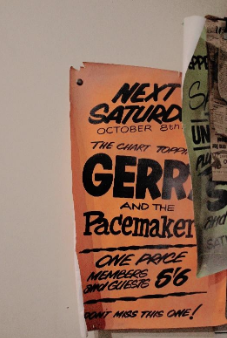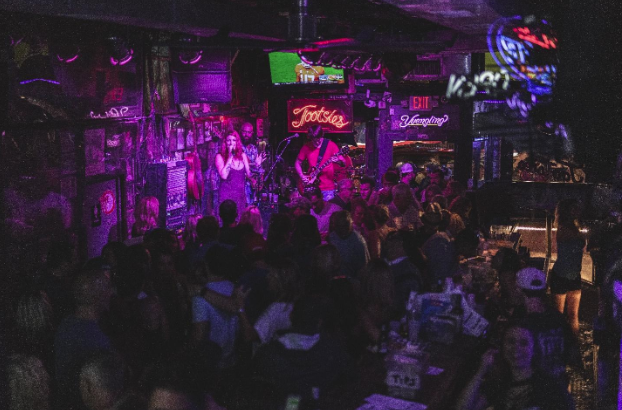Photo by Hari Nandakumar on Unsplash
So, you have formed your own band, written new songs and recorded them in your cousin’s garage. Now it’s high time to land that all-important first gig. Here are some tips you can use to book it successfully on your own.
1. Do Your Research
Researching different local venues should be your first step. It will show people in the field that you are professional and that you take your work seriously.
When it comes to picking a venue, especially the first one, you need to consider a lot of variables. Find out what genre or demographics the venues cater to. You need to ensure that your music and the target audience match up. If you play indie-rock music, booking a gig at a venue that tends to promote hip hop acts is a good way to get booed off the stage.
Attend the venue’s website and look through the upcoming or past events to see what kind of music they usually support. Going to the spot and watching a gig firsthand is the best way to do qualitative research on the issue. You will get a feel of the venue and the target audience. It is also a great opportunity to introduce yourself to the staff and other musicians.
2. Prepare Your Content
Make sure the quality of the music you want to demo is good. Record a few more songs if you are not satisfied.
Create a website, social media page, and/or electronic press kit (EPK) for your band. Include information about the band and add a few demo tracks to your website. You can send the link to the venue owner or promoter you are planning to contact.
Also, it is desirable to get visual material. Photos and logos are great as means of your brand recognition. There are free tools you can use to create your logo, or you can ask someone to do it.
Additionally, write an amazing biography. Your bio is a trump card you can use to sell the band to promoters and future listeners. If you aren’t confident in your writing ability, you can always ask for help or hire an essay writer to do it for you.
3. Contact the Venue
If you were lucky enough to meet owners or promoters while watching a gig, it would be easier for you to call them or go speak with these people in person. If that was not the case, you can send them an email with your pitch attached. Here are some tips for this kind of email:
- Keep the email short and easy to read. The people you wish to contact are busy and will only have time to scan through your email.
- Write a clear subject line and personalize the message by including the recipient’s name.
- Don’t be vague; tell them what you want straightforwardly.
- Include a link to your website, social media profile, or EPK.
Having gone through all these stages, be patient and don’t send hundreds of follow up emails. By no means, you don’t want to anger your prospective agent.
4. Promote the Gig

Some venues assist shows that feature bigger artists, but, in most cases, you will have to do the promotion by yourself. Invite your family and friends. If it’s your first time playing in front of numerous people, seeing familiar faces in the crowd will help to maintain confidence. Moreover, you can bring your photographer friend to take some photos at the gig. You can post them afterward on your band’s website or social media.
Additionally, you can create a Facebook event and share social media posts to promote the event. Contact other participants to ask if you can include their names in your posts. These people can also act as a good source for advice and help with preparing your setlist. And don’t forget to rehearse your songs before the performance – you surely don’t want any occasion to happen.
5. Follow Up
It is important to note that your engagement with the venue doesn’t end with the gig. You should keep in touch with the venue’s promoter and staff. Building these useful relationships will make it easier for you to organize gigs in the future.
Feel free to ask for professional feedback and advice. Talk to other musicians on the night and ask them about the ways to improve your performance or promotion.
Playing at a venue regularly is a great way to connect to the local audience and build the one which will follow your band. Importantly, be sure to keep your social media, website, or EPK updated.
Final Note
Building a system of your followers is vital to your success. Living in a modern digital society enables people to spend much time on the Internet; therefore, using online platforms like YouTube or Spotify is a great way to attract followers. Gaining own audience for an indie musician needs time and a lot of hard work. Knowing how to book your own gigs may prove to be a useful skill.


